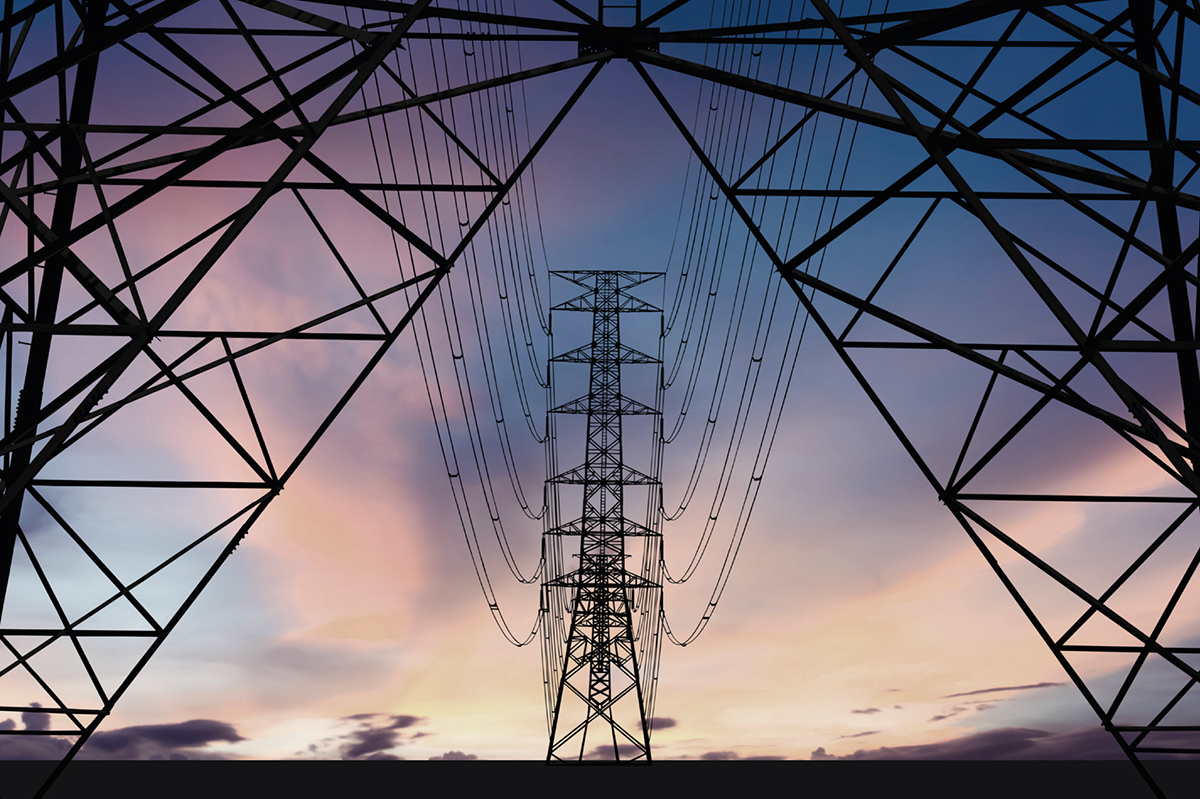
There is untapped scope for the South to become a major player in the energy transition discussion, according to international law firm Womble Bond Dickinson (WBD). By Sebastian Briggs and Joanna Beattie-Edwards
The firm’s annual energy transition report has highlighted the biggest threats and opportunities faced by energy and utility firms as they work to move towards net zero targets. Showcasing the views of key decision makers including CEOs, chief financial officers, legal counsel and investors, a clear picture has been painted as to what still needs to be done to encourage further growth in a local and international capacity.
Sebastian Briggs from WBD’s energy team in Southampton said: “There is no doubt the South is a key part of the puzzle to accelerating the transition to net zero due in part to the major trade and commercial hubs in Southampton and Portsmouth which connect the region to the wider UK and global economy.
The hundreds of thousands of large vessel movements in the region make a significant contribution to the South being amongst the top 10 carbon emitting zones in the UK, so there is vast potential to make rapid and positive steps in the energy transition movement.”
Many early steps such as the creation of the Solent Cluster, which WBD is a member of, and focuses on driving forward decarbonisation across industry, transport, and households, has marked a promising beginning. But according to the report, further action may be needed from authorities to encourage investment.
While 56% of respondents are wanting to strengthen commitments to energy transition strategies, common hurdles have included a lack of governmental clarity and overall cost against economic impact.
Sebastian said: “Many businesses looking to lead on energy transition projects are struggling with the lack of clear guidance or support from the UK Government, and its watering down of its own net zero policies earlier in the year is being seen as an example of failing to encourage investment.
“Many clients are unsure of the changing landscape of the sector and what can be possible within the South when it comes to the transition process, and they’ve been turning to our expertise and long-standing history in green energy to help them navigate through the challenges.
“For the South in particular, some much-needed clarity might be enough to encourage more support in funding vital developments in the region which will be of benefit to not just the South itself, but the wider country due to its role as a major connection hub for Europe and the rest of the world.”
While the firm, which has a nationally-recognised energy team based in its Southampton office, continues to advise clients on a significant number of decarbonisation and energy generation projects, the survey has indicated there is growing interest towards new markets for energy generation.
Examining solar PV, onshore and offshore wind, and carbon, capture, usage and storage (CCUS) markets, the report highlighted a range of technologies which may be ripe for growth and investment over the coming years.
While biofuel topped the list overall, executives were particularly interested in the potential of CCUS, energy efficiency improvements and utility scale energy storage, while investors were more keen to focus on electric vehicles, CO2 pipelines, and green hydrogen.
According to the report, both executives and investors believe commercial-scale carbon capture is not so far out of reach, with 70%
of respondents believing it will be attainable by 2040.
Jo Beattie-Edwards, also in WBD’s Southampton energy team, said: “We are already seeing great strides amongst our clients in the development of newer technologies in the energy transition process, which highlights a very encouraging step in the right direction.
“Our Southampton team advised our longstanding client RES, the world’s largest independent renewable energy company on its recent green hydrogen joint venture, HYRO, with Octopus Energy Generation. Green hydrogen will play a key role in the energy
transition – as a zero carbon fuel it can help many sectors in the net zero journey.
“HYRO is working with Kimberly-Clark, the parent company of household brands like Andrex®, Kleenex® and Huggies®, to swap gas for green hydrogen at their factories in Kent and Wales, to reduce emissions and boost energy security.
“We are seeing an appetite out there for these types of projects across the UK, and as the South continues to grow in interest for investors and businesses, there is a significant scope for the region to quickly catch-up with areas like the North East as a national leader of the energy transition conversation.”
WBD’s energy team works with some of the UK’s largest energy developers, generators, suppliers, and authorities, including The Crown Estate, RES, Centrica and RWE.
The firm has international experience in all aspects of the energy transition process, from planning, property, financing, M&A commercial and regulatory matter, as well as advising on energy disputes.
Embedded in the communities it operates in across its 32 offices, including global energy hubs such as Houston and Newcastle, the firm provides worldwide knowledge on a local and regional scale.
To read the full energy transition report, please visit WBD’s website: www.womblebonddickinson.com/uk/insights/articles-and-briefings/2024-energy-transition-outlook-
survey-report
www.womblebonddickinson.com





